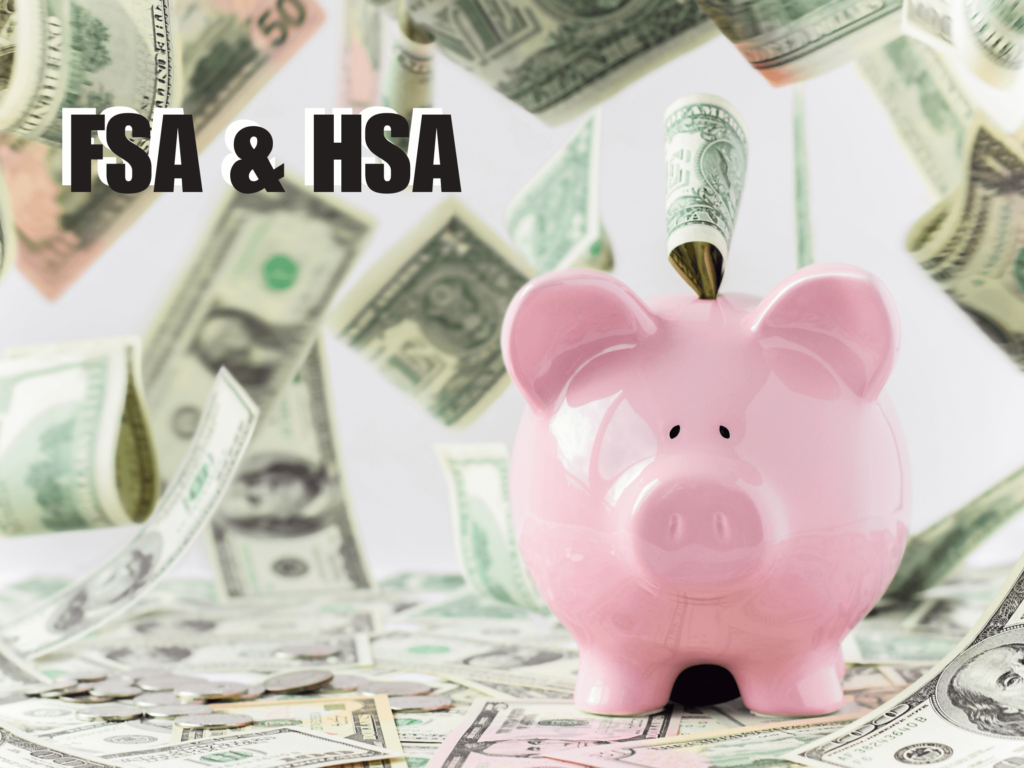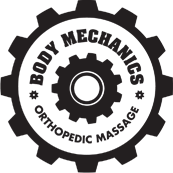Healthcare costs are a major concern for individuals and families, and fortunately, there are various tax-advantaged savings accounts to help mitigate these expenses. Two popular options in the United States are Health Savings Accounts (HSAs) and Flexible Spending Accounts (FSAs). In this blog, we’ll explore the key differences between HSA and FSA plans and discuss when FSAs are a great choice for covering expenses like massage therapy and wellness services.

A lot of people ask us if we take insurance. The answer is ‘sort of’. This blog is devoted to Using HSA and FSA for yourMassage in our NYC office. There are a lot of different kinds of insurance. We do not take traditional health insurance as a form of payment but a lot of people do have some coverage. We do take HSA and FSA cards in our office as a direct form of payment…which may be part of your extended insurance benefits. With the end of the year coming to a close, it is important to know the difference and plan how you use your benefits to get the most out of them and hopefully use them for a massage!
HSA vs. FSA – What’s the Difference?
Before diving into the benefits of using FSAs for massage therapy sessions, let’s understand the fundamental differences between HSAs and FSAs.
1. Health Savings Account (HSA):
An HSA is a tax-advantaged savings account for individuals covered by a high-deductible health plan (HDHP). Here are some key characteristics of HSAs:
- Contributions are tax-deductible.
- Contributions can be made by the account holder, their employer, or both.
- Funds roll over yearly, allowing for long-term savings and investment opportunities.
- Withdrawals are tax-free when used for qualified medical expenses.
- HSAs can be used for various medical expenses, including doctor’s visits, prescriptions, and some preventive care.
2. Flexible Spending Account (FSA):
An FSA is a pre-tax savings account that allows individuals to set aside money for eligible healthcare expenses. Some important features of FSAs include:
- Contributions are made pre-tax, reducing the account holder’s taxable income.
- Funds typically must be used within the plan year, with a grace period or carryover limit determined by the employer.
- Withdrawals are tax-free when used for qualified medical expenses.
- FSAs can be used for a wide range of medical expenses, but they usually don’t allow for long-term savings or investment opportunities.
Using FSA for Massage Therapy Services
While HSAs provide a more flexible approach to saving for medical expenses over the long term, FSAs are an excellent option for covering specific healthcare needs, including wellness services like massage therapy. Here’s why:
1. Tax Advantages:
FSAs offer a valuable tax benefit by allowing you to contribute pre-tax dollars, reducing your overall tax liability. This can be particularly advantageous if you plan to use the funds for wellness services.
2. Eligibility for Massage Therapy:
Wellness services, such as massage therapy, often fall under the umbrella of qualified medical expenses that can be paid for using FSA funds. These services can promote physical and mental well-being and may be recommended by a healthcare provider.
3. Reducing Out-of-Pocket Costs:
Using an FSA to cover Massage Therapy or wellness can significantly reduce your out-of-pocket expenses. When you pay for these massage services with pre-tax dollars, you effectively receive a discount on the total cost.
Now, here is what you need to know about using HSA and FSA in our NYC office:
Whichever one you are using, you should make sure that this service is covered in your plan. We take the cards, but in some plans, you need to have pre-approval to use the funds, so check before you book.
Our credit card terminal is set up on the back end to accept the cards and verify us as a health care provider. You may not be able to use your HSA or FSA card to leave a tip, however, as that breakdown is reflected in the transaction.
We recommend booking the ‘medical massage’ to use your HSA or FSA in our NYC office; since you are booking for health care reasons, you will want that reflected on the receipt. Your therapist will still tailor the session to you with stretching, movement, and relaxation if you want. This is why we set up this service and it helps with a smooth process.
Sometimes, your credit card receipt might be all needed to claim your FSA and HSA for massage, but if you need an invoice with a full breakdown of the massage service provided (provider name, NPI, address, and EIN), we can provide that. Those are manually made and can take time, so please plan ahead. You can see our insurance page for more information on that.
The long and the short is, you can use both HSA or FSA in our NYC office! We hope you do! We love giving tax-advantaged massages! If you have an FSA plan, however, you might lose your funds if you do not use them for something like massage therapy, yoga, acupuncture or approved spending before the end of the year. Let’s not let that happen! Come in today for a massage.

